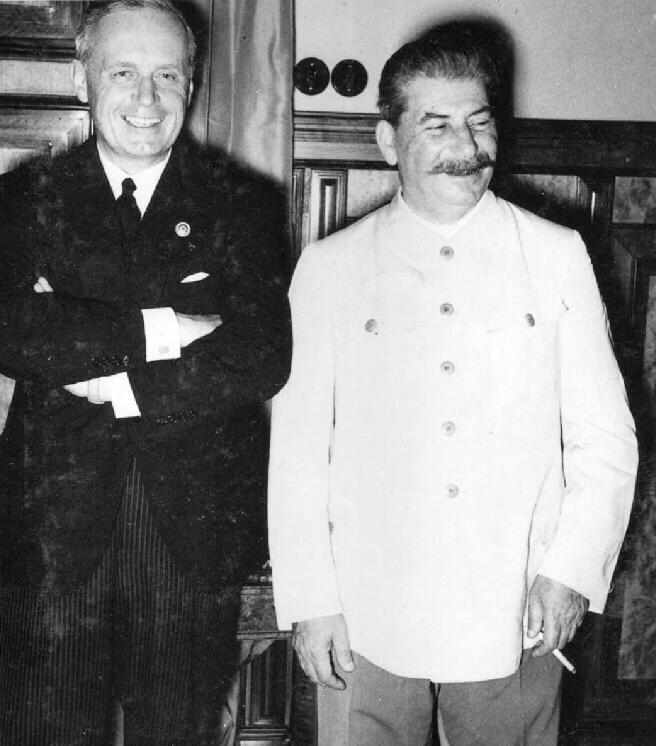
In response to Hitler’s threat to wage war against Czechoslovakia, British and French leaders signed the Munich Agreement in September 1938. revoked the Versailles treaty’s limitations on its military (1935).Moreover, neither Britain nor France felt militarily prepared to fight a war against Nazi Germany.īritain and France essentially acquiesced as Nazi Germany In Britain, public opinion tended to favor some revision of the territorial and military provisions of the Versailles treaty.

The objective of this policy was to maintain peace in Europe by making limited concessions to German demands. In fact, the policy of appeasement was closely associated with British prime minister Neville Chamberlain. In the mid- and late-1930s, France and especially Great Britain followed a foreign policy of appeasement. However, Hitler sought the non-aggression pact in order to neutralize the possibility of a French-Polish military alliance against Germany before Germany had a chance to rearm in the aftermath of the Great War. This move was unpopular with many Germans who supported Hitler but resented the fact that Poland had received the former German provinces of West Prussia, Poznan (Poznań), and Upper Silesia after World War I under the Treaty of Versailles. One of Adolf Hitler's first major foreign policy initiatives after coming to power in 1933 was to sign a non-aggression pact with Poland in January 1934.


 0 kommentar(er)
0 kommentar(er)
